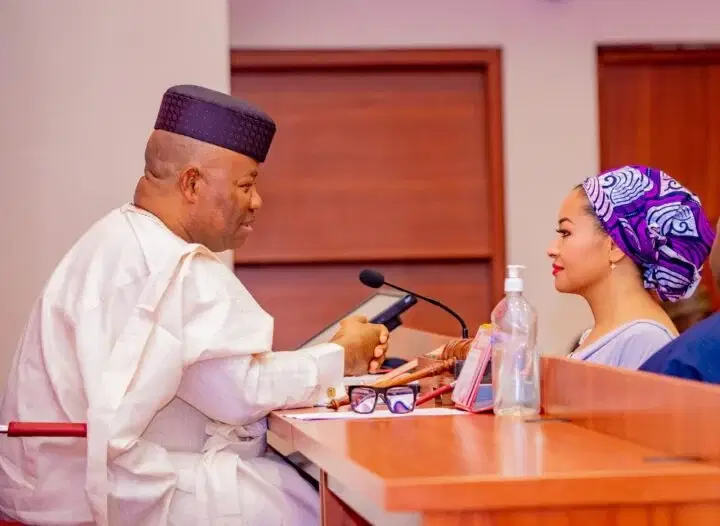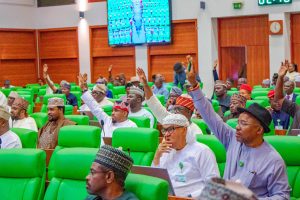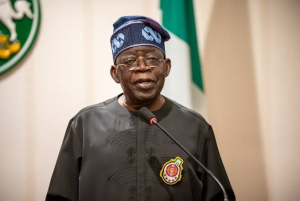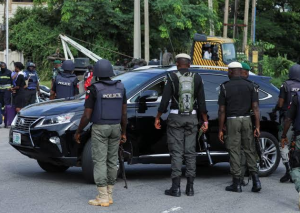
Senate President Godswill Akpabio has vehemently rejected claims that convicted INEC official Professor Peter Ogban rigged elections in his favor, describing such allegations as “malicious falsehoods” aimed at tarnishing his reputation.
In a statement released by his media aide Anietie Ekong, Akpabio asserted he was actually the victim of Ogban’s electoral manipulations during the 2019 Akwa Ibom North-West Senatorial election. The clarification comes after renewed circulation of claims linking the jailed professor to Akpabio’s political camp.
“Contrary to the fabricated narrative, Prof. Ogban’s criminal actions directly harmed Senator Akpabio’s electoral prospects,” the statement read. It detailed how Ogban, as Returning Officer, unlawfully cancelled 61,329 valid votes from Akpabio’s stronghold in Essien Udim LGA while declaring his PDP opponent the winner.
The Senate President’s office reminded the public that election tribunals and the Court of Appeal had nullified the tainted results, ordering a rerun that confirmed the election’s irregularities. “Why would Akpabio challenge results up to appellate courts if he benefited from the fraud?” the statement queried.
Ogban, a soil science professor at University of Calabar, was sentenced to three years imprisonment in 2021 for manipulating the senatorial district’s results. Akpabio’s team maintains this conviction validates their long-standing claims of electoral malpractice.
The statement accused political opponents of reviving old allegations to distract from Akpabio’s current role as Senate President, asserting he has “moved on” from the 2019 controversy. It warned against what it called a coordinated smear campaign by “hatchet men and mischief makers.”
Legal observers note the renewed attention on the case comes amid heightened scrutiny of Nigeria’s electoral integrity systems, with INEC currently facing calls to reform voting processes ahead of the 2027 general elections. The Akpabio-Ogban controversy remains a touchstone in debates about election credibility in Nigeria’s recent political history.






